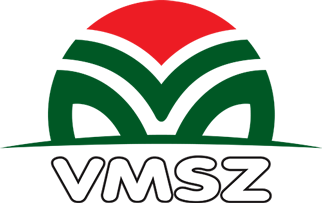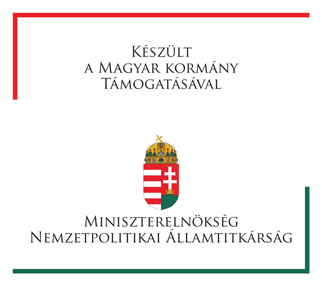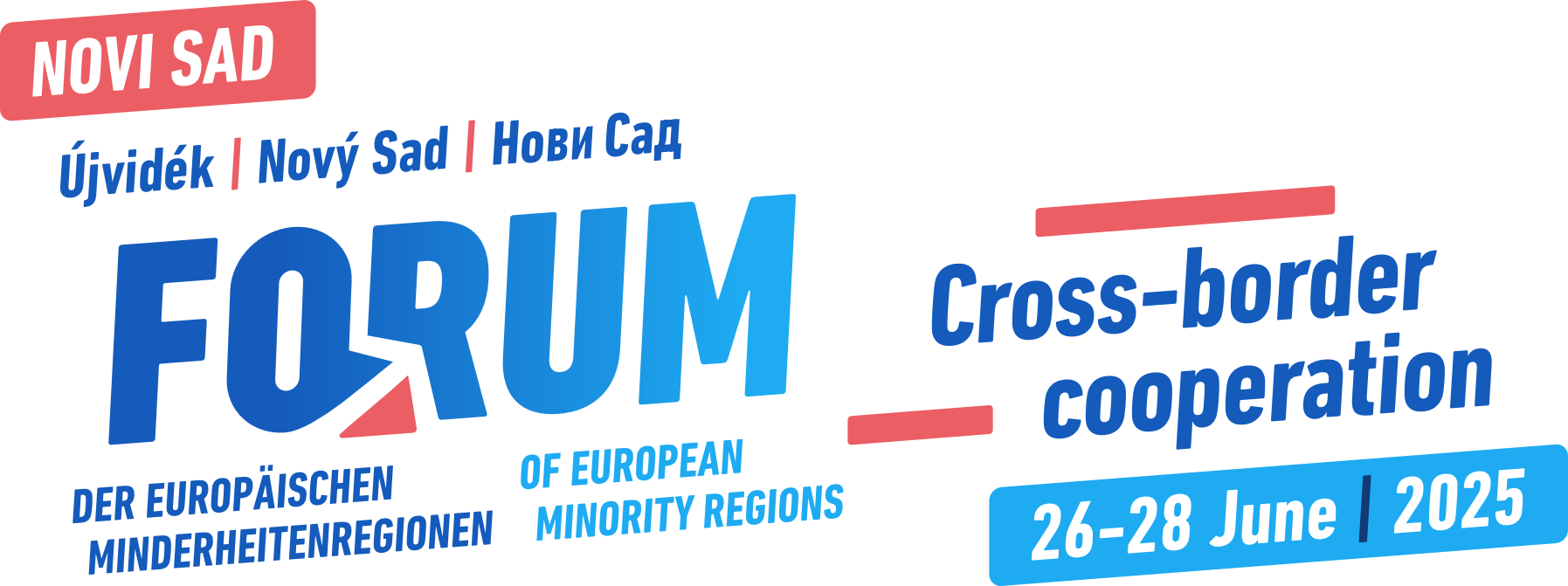
ABOUT THE FORUM
A "Europe of the regions" was the idea of the European Commission under its former president Jacques Delors: the aim was to promote the regions in the EU member states and support them in their regional autonomy. As part of this process of making the regions real actors in European politics, changes were made in the structural funding arrangements of the European Union. This has created new opportunities for regions to receive funding and participate in the EU policy process.
Within many EU states, the regions have been given more competences since the 1970s. The process of European integration, combined with decentralisation in many Member States, has given the regions tools for a more active role in the European Union. In order to increase their influence in Brussels, many regions have established networks.
In this context, the Federal Union of European Nationalities (FUEN) has launched the "Forum of European Minority Regions" - as a place for cooperation and networking. The goals: to increase the political weight of the individual regions and to exert a stronger influence on EU policy through a united appearance. In addition, the forum offers a space for exchange and analysis of the status quo with regard to minority rights and learning from best-practice examples.
Regional and minority languages are spoken by about 40 million people in Europe. It is precisely those regions where linguistic or ethnic autochthonous minorities live that strengthen European ties in a special way. Europe's minority regions form bridges between the Member States and play a decisive role in European integration.
Minorities contribute to the economic and social development of these regions. It is therefore no coincidence that some of these regions are among the wealthiest in Europe - South Tyrol, with the highest GDP per capita in Italy, or the Basque Country and Navarre, the richest regions in Spain, are good examples.
Why does FUEN organise the Forum of European Minority Regions?
"Talking Money – The added value of minority communities in cross-border regions"
The forum aims to provide regional authorities with a platform to highlight their minorities—not only to exchange best practices but also to raise awareness of challenges and instances of discrimination. At the same time, it consistently emphasizes the undeniable economic benefits that minorities bring, benefiting individuals, businesses, local communities, regions, countries, and the entire European Union. Investing in minorities yields significant returns, as the economic contributions they generate through trade and investment far exceed the costs. Experts in the field, including economists speaking at each forum, highlight the added value of minorities and their languages in key areas such as tourism, the labor market, digitalization, and, this year in Vojvodina, cross-border cooperation.
The idea is to convince the majority population both in Serbia and elsewhere that our national minorities, their cultures and languages constitute this indisputable economic added value.
Minorities in cross-border regions often serve as a bridge between countries, enhancing trade and cultural ties between each other. A common language helps to establish contacts, which in turn contributes to investments. It makes commuting for work easier and promotes a common labour market across borders. Minorities in cross-border regions foster cultural exchange between countries, the understanding of the neighbour country and a peaceful co-existence.
Novi Sad/ Újvidék is the perfect location to organize the Forum of the European minority regions in cooperation with the Alliance of Vojvodina Hungarians. 17 languages are spoken in the city of which four are official of the administration. The region Vojvodina has six official languages and 25 ethnic minorities. They all contribute to economic growth and jobs in the region, also benefitting the whole country Serbia. Novi Sad/ Újvidék was the European capital of culture in 2022. The city hosts many important music and cultural festivals and became UNESCO Creative City of Media Arts in 2023. Four universities, several schools of vocational training and over 50.000 students contribute to a youthful spirit, and it comes as no surprise that Novi Sad/ Újvidék was designated European Youth capital in 2019.
Time:
The venue days in Novi Sad/ Újvidék would be on Friday the 27th of June and Saturday the 28th of June. We provide a shuttle service from Belgrade airport to the hotels in Novi Sad/ Újvidék. The trip on the four lane motorway takes about an hour.
Languages and interpretation:
We provide simultaneous interpretation between four languages; English, German, Hungarian and Serbian. On agreement, participants can also intervene in Croatian, Bosnian or Montenegrin.
Travel, accommodation, meals and excursion:
We would kindly ask you to arrange your travel and accommodation yourselves, since FUEN cannot unfortunately reimburse travel and accommodation costs. We do however offer all the meals during the conference and an excursion to beautiful Subotica/Szabadka, which is the centre of the Hungarian community in Serbia. By clicking on "info sheet for participants", you can find out more about the various hotel options
REGISTRATION
SPEAKERS
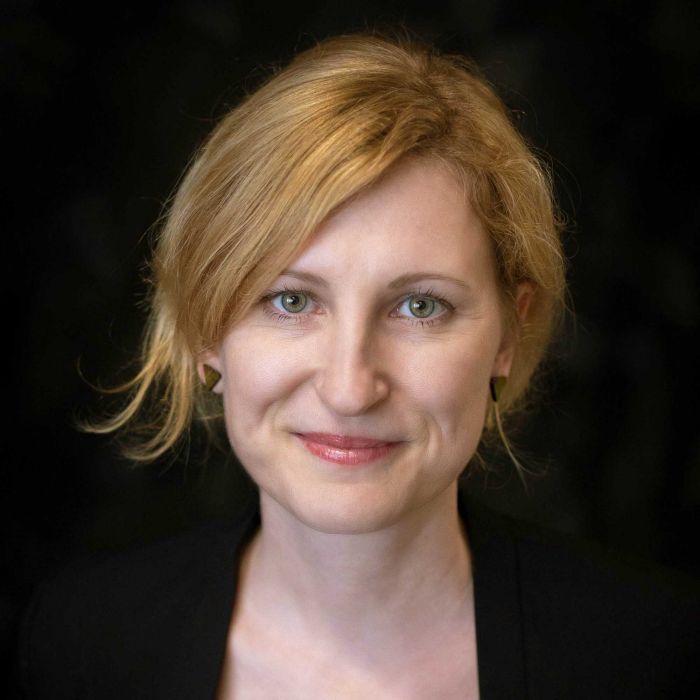
Éva Adél Pénzes
FUEN General Secretary

Evgen Barn
Operational Secretary of the Union of Slovenian Sports Associations in Italy (ZSŠDI)
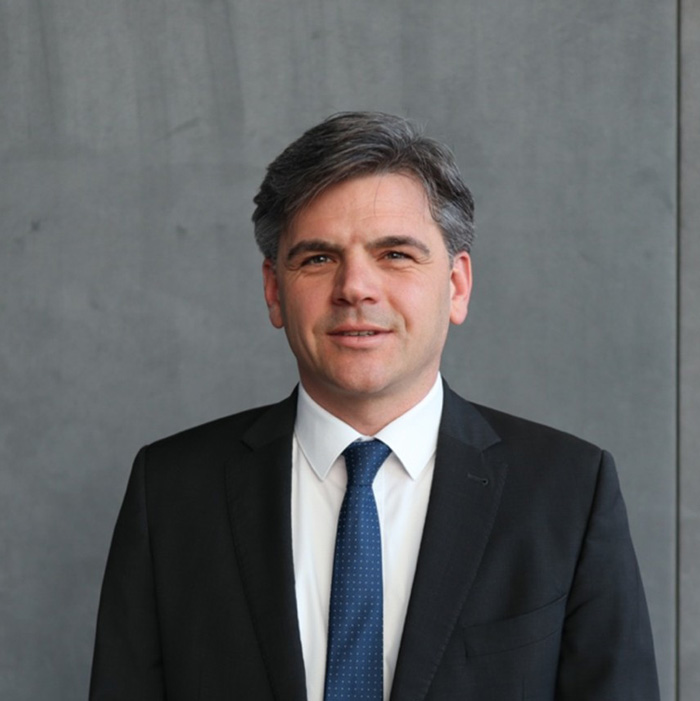
Dr. Georg Lun
Director of WIFO - Economic Research Institute of the Bolzano Chamber of Commerce

Gösta Toft
Vice President of FUEN
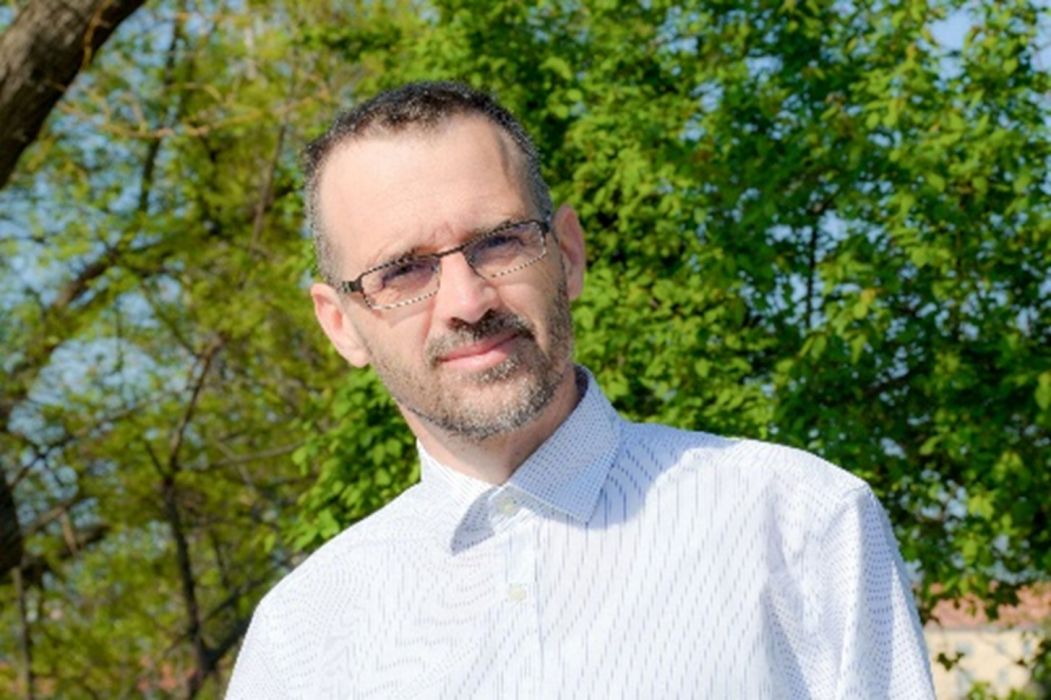
Gyula Ocskay
Secretary general of the Central European Service for Cross-Border Initiatives (CESCI)

Ivan Budinčević
Member of the Sports Commission of the Croatian National Council in Serbia
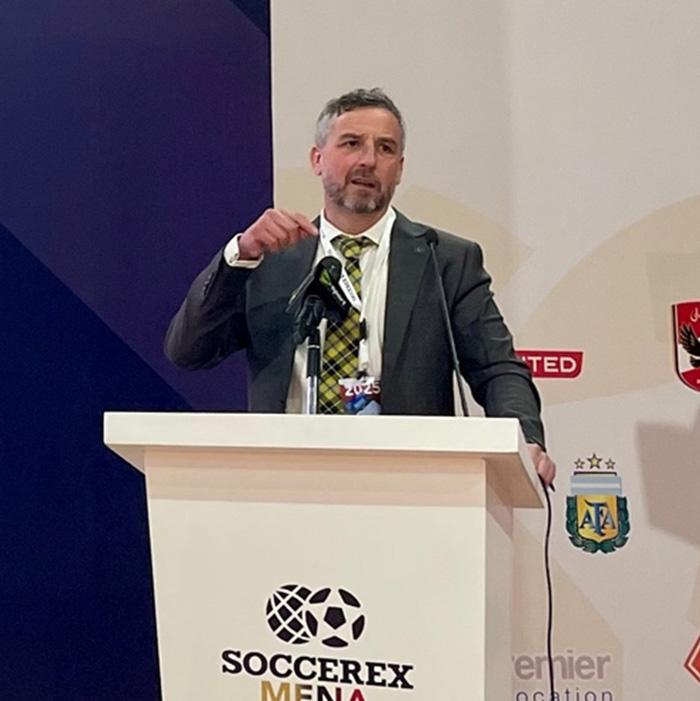
Jason Heaton
Co-founder & President of Kernow Football Alliance

Dr. Jens Baumann
Commissioner for Expellees and Late Resettlers in the Free State of Saxony (Germany)
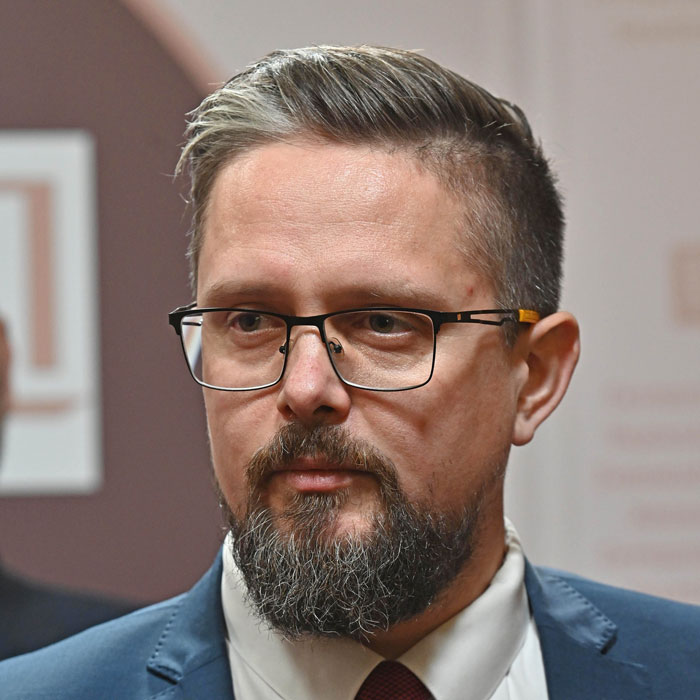
Juhász Bálint
President of the Vojvodina Provincial Assembly

Julien Steinhauser
Journalist for the Alsatian daily newspapers

Ljubica Djordjević
Senior Researcher and head of the cluster Justice and Governance at the European Centre for Minority Issues (ECMI)

Marie Heguy-Urain
Euroregion, Project Manager for "Euroregional Citizenship" (Culture, Education, Youth, Sport, Multilingualism)
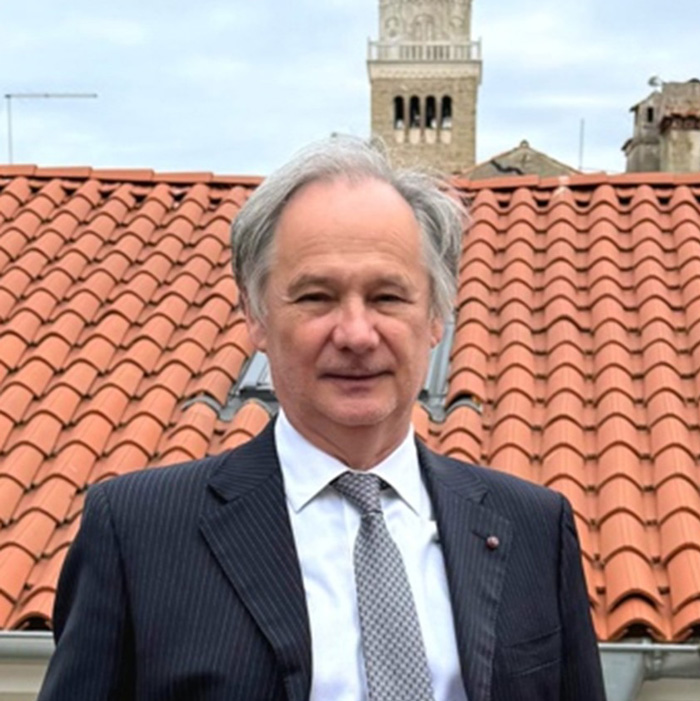
Maurizio Tremul
President of the Italian Union (UI)
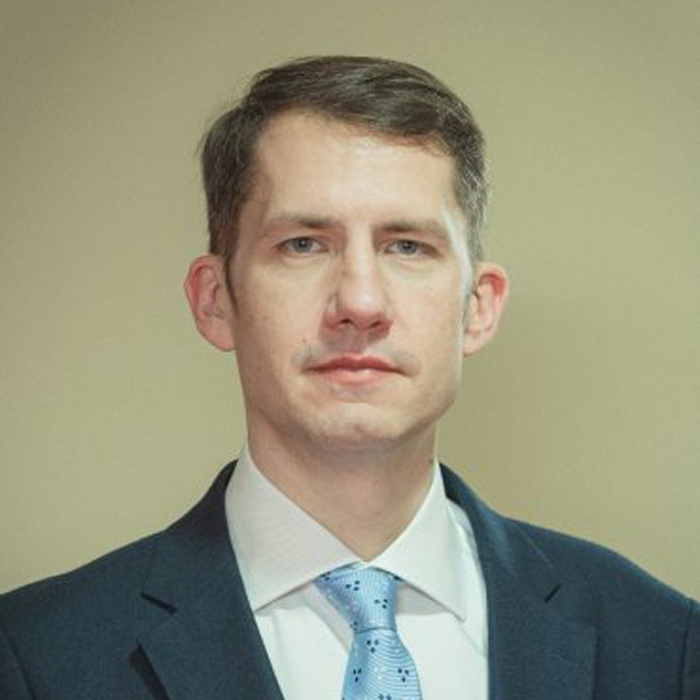
Prof. Dr. Bálint Pásztor
President of the Alliance of Vojvodina Hungarians (VMSZ)

Richard Máša
Head of Operations Section II, EU Delegation to the Republic of Serbia
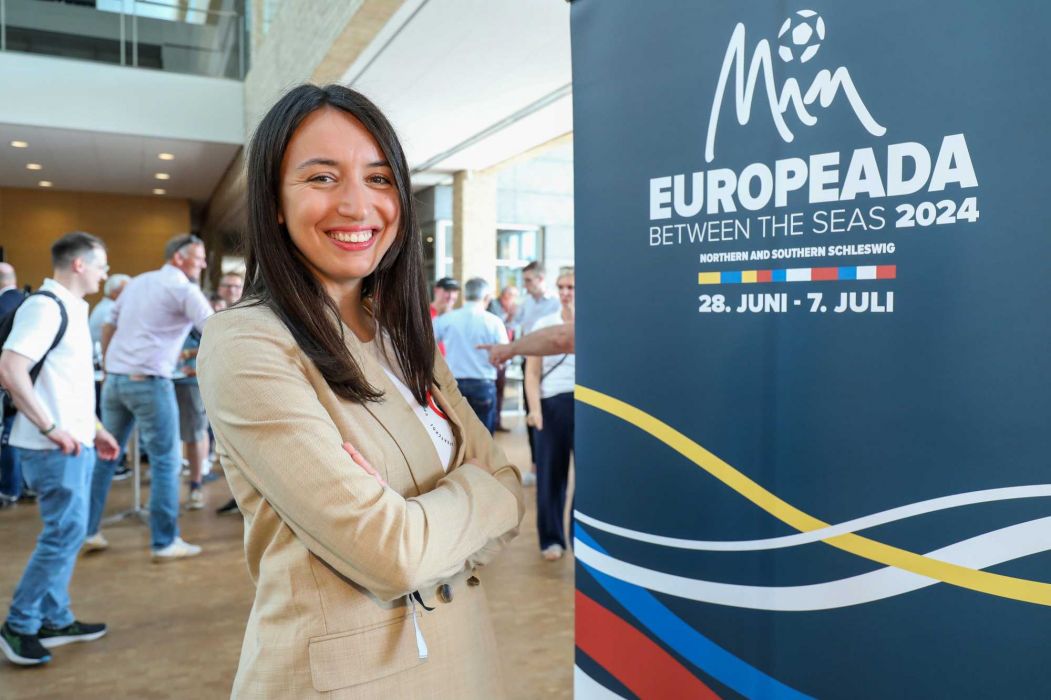
Tatjana Dragičević
Sports Recreation Society of Serbs in Croatia
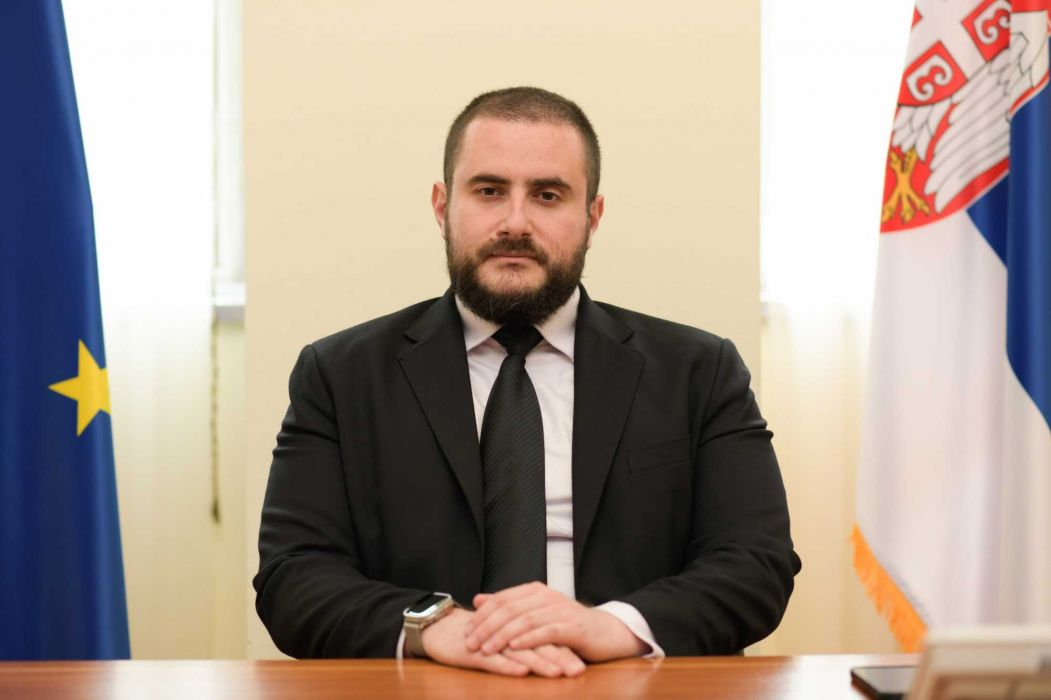
Usame Zukorlić
Minister for reconciliation, regional cooperation and social stability of the government of the Republic of Serbia
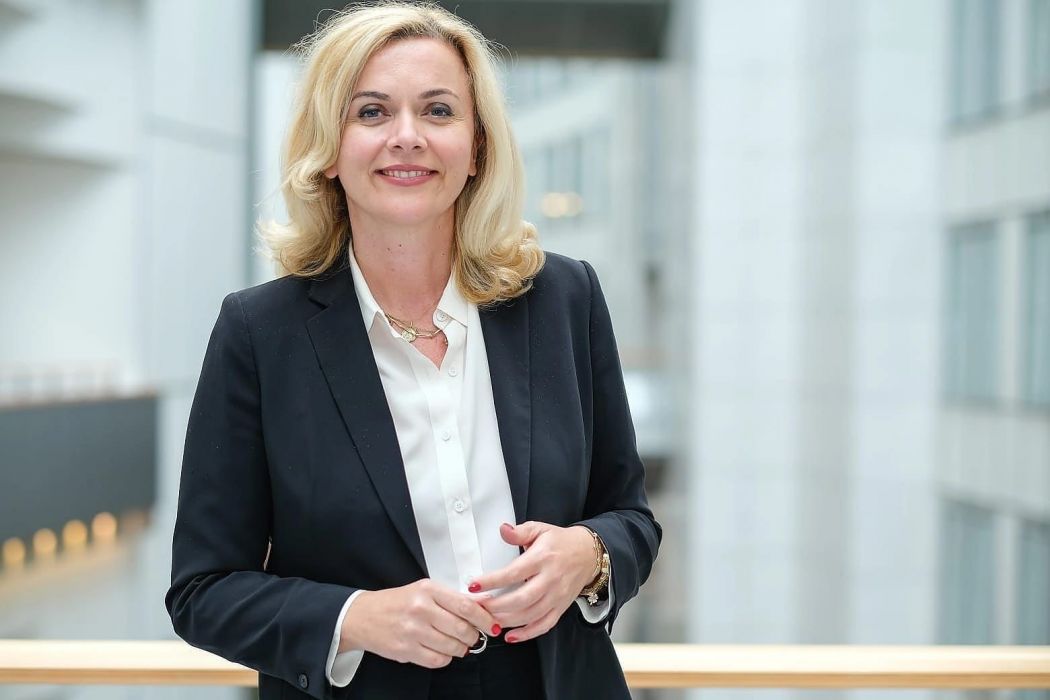
Željana Zovko
Member of the Committee on Foreign Affairs and Human Rights (AFET) of the European Parliament
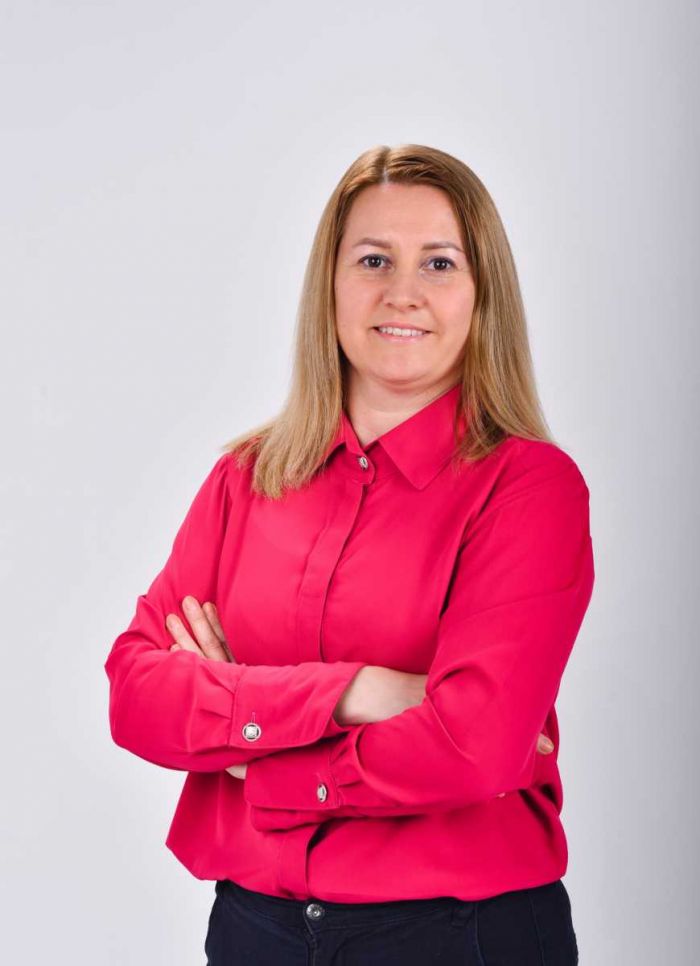
Zita Nagy
Executive Director of Prosperitati Foundation
DRAFT PROGRAM
Venue: the Assembly of the Autonomous Province of Vojvodina, Banovina Palace, Bulevar Mihajla Pupina 16, Vladike Platona, Novi Sad/ Újvidék, Serbia
| around 7:00 | Breakfast at the hotels |
| 8:20 | Registration of prticipants at the venue |
| 9:00 - 10:00 | Welcome by the local hosts.
(Moderation: Mr Andor Sörös, president of the Youth Forum of the Alliance of Vojvodina Hungarians) |
| 10:00 - 10:15 | Ms Zeljana Zovko, Member of the Committee on Foreign Affairs and Human Rights (AFET) of the European Parliament |
| 10:15 - 11:30 | The Autonomous Province of Vojvodina - a model for cultural autonomy
(moderation: Olivia Schubert, FUEN Vice President) |
| 11:30 - 12:00 | An introduction to the topic "Minorities and cross-border co-operation"
|
| 12:00 - 13:30 | Lunch |
| 13:30 - 16:00 | The economic added value of minority communities in cross-border regions
Subsequent panel discussion (Moderation: Mr Bernard Gaida, FUEN vice president) |
| 16:00 - 19:00 | Sightseeing and networking (Excursion to Subotica/ Szabadka) |
| 19:00 - 21:00 | Dinner (in Subotica/ Szabadka) |
| 21:00 | Bus journey back to Novi Sad/ Újvidék |
| around 7:00 | Breakfast at the hotels |
| 9:00 - 10:00 | Integration perspectives - the role of minority communities in the EU accession process
(moderation by Mr Gösta Toft, FUEN Vice President)
|
| 10:00 - 10:30 | coffee break |
| 11:00 - 12:30 | Sports and cross-border cooperation
Panel discussion (moderation by Mr Matic Germovšek, FUEN project coordinator) |
| 12:30 - 12:45 | Results and conclusions
|
| 12:45 - 14:00 | Lunch and individual departure of the participants |

